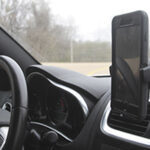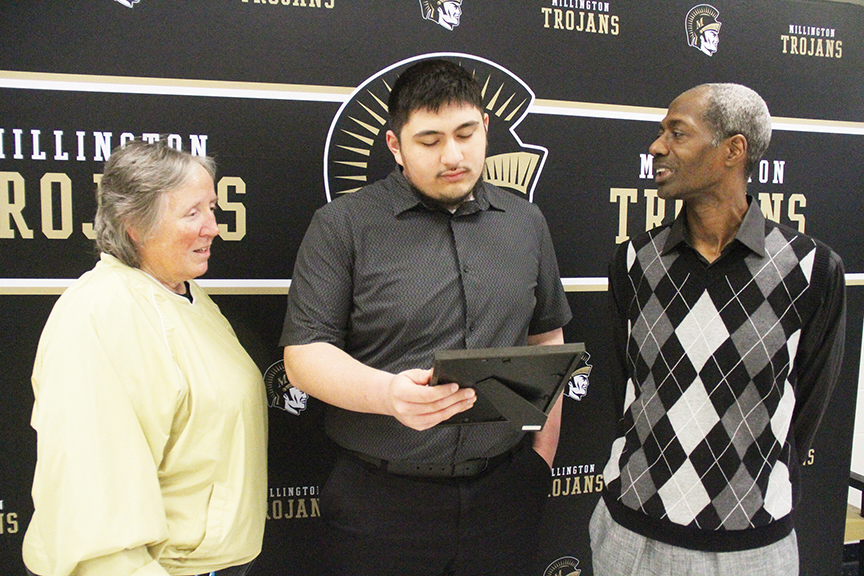Star Staff Reports
 To help reduce these crashes and increase safety on the roadways, the Tennessee Department of Safety and Homeland Security is partnering with the Tennessee Department of Transportation and the Tennessee Department of Tourist Development to launch “Hands Free Tennessee.”
To help reduce these crashes and increase safety on the roadways, the Tennessee Department of Safety and Homeland Security is partnering with the Tennessee Department of Transportation and the Tennessee Department of Tourist Development to launch “Hands Free Tennessee.”
The purpose of this campaign is to educate Tennesseans about the state’s new “Hands Free Law,” known as Public Chapter No. 412, which takes effect on July 1. This new law requires drivers to put down their phones and focus on the road.
Public Chapter No. 412 makes it illegal for a driver to:
(a) hold a cellphone or mobile device with any part of their body,
(b) write, send, or read text-based communication,
(c) reach for a cellphone or mobile device in a manner that requires the driver to no longer be in a seated driving position or properly restrained by a seat belt,
(d) watch a video or movie on a cellphone or mobile device, and
(e) record or broadcast video on a cellphone or mobile device.
Violation of this law is a Class C misdemeanor. A traffic citation based on this violation is considered a moving traffic violation.
Fines for violations of the law include:
• $50 = First-time offense
•$100 = Third-time offense or higher; violation results in a car crash
•$200 = Violation occurs in a work zone while workers are present; violation occurs in a marked school zone while flashers are in operation
•This includes three points on your license for each violation if convicted
With the new law, a driver is permitted to use an earpiece, headphone device or device worn on the wrist to conduct voice-based communication.
The driver may use one button on a cell phone or mobile device to initiate or terminate voice communication. Voice-based communication may also be used to send a text message.
A driver is permitted to use a cellphone or other wireless telecommunications device to communicate with law enforcement agencies, medical providers, fire departments or other emergency service agencies while driving a motor vehicle, if the use is necessitated by a bona fide emergency, including a natural or human occurrence that threatens human health, life or property.
A driver is permitted to listen to streaming music that does not include videos on the screen of the cell phone or mobile device; however, the driver cannot touch the cellphone to activate or program music while driving.




